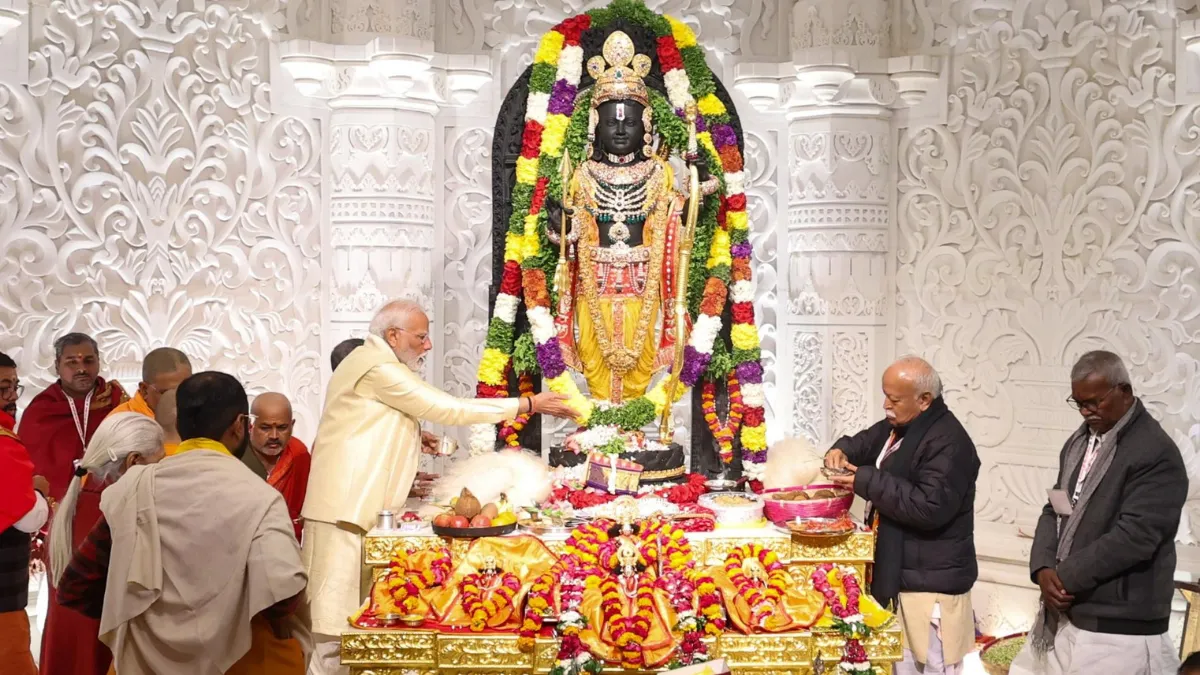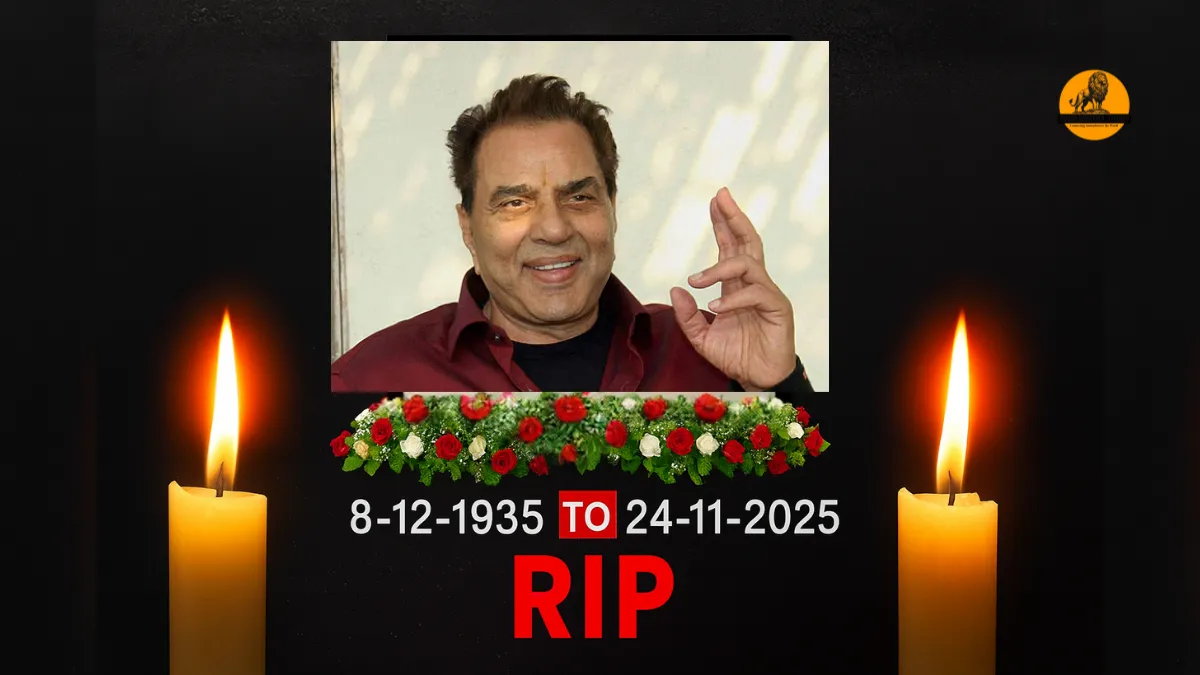World Heart Day is a global reminder of the silent hero inside us—the heart. Every year, this observance encourages people worldwide to reflect on heart health, lifestyle choices, and preventive care. But beyond campaigns and awareness, one question continues to fascinate both scientists and ordinary people alike: how many times does the human heart actually beat in a day and across an entire lifetime?
The answer is as fascinating as the heart itself. This extraordinary organ, about the size of a clenched fist, never rests. From the moment life begins until our very last breath, it continues its rhythm—thump, thump—delivering oxygen, nutrients, and vitality to every cell in our body.
The Miracle of the Human Heart
The human heart is more than a muscle; it is a biological engine. Positioned slightly left of center in the chest, this four-chambered organ pumps life through our arteries and veins.
- Right side of the heart: Collects deoxygenated blood from the body and sends it to the lungs.
- Left side of the heart: Receives oxygen-rich blood from the lungs and pumps it across the body.
This dual system keeps tissues alive and ensures every organ functions smoothly. Unlike other muscles that tire, the heart is unique—it works day and night without pause, adapting to our activities, emotions, and health conditions.
How Many Times Does Your Heart Beat in a Day?
Heartbeats per day vary according to age, fitness, stress, and activity level. On average, an adult’s resting heart rate ranges between 60 and 100 beats per minute (BPM).
- At rest: 60–100 BPM
- Moderate activity: 100–160 BPM
- Intense exercise: 160–200 BPM
Assuming an average resting heart rate of 70 BPM, the heart beats around 100,800 times in a single day. Multiply that by 365, and it works out to nearly 36.8 million beats every year.
This endurance highlights why the heart is celebrated on ITS World Heart Day—because behind the scenes, it works harder than we often realize.
How Many Times in a Lifetime?
To estimate lifetime beats, we must look at life expectancy. In the U.S., the average lifespan is about 77.5 years.
- Daily heartbeats: ~100,800
- Yearly heartbeats: ~36.8 million
- Lifetime heartbeats: ~2.85 billion
If someone’s resting rate is 80 BPM, the lifetime count can exceed 3 billion beats. On the other hand, athletes often have resting rates as low as 40 BPM, meaning their hearts beat fewer times overall—but are still healthier because of better efficiency.
How Heart Rate Changes with Age
Heart rhythm is not constant throughout life.
- Newborns: 70–190 BPM, because infants require rapid oxygen delivery.
- Adults: 60–100 BPM at rest.
- Athletes: As low as 40 BPM due to stronger cardiac function.
As we age, the heart naturally slows, and risks such as arrhythmia or fibrosis increase. Yet, the resilience of the heart means that with proper care, it can keep functioning strongly well into old age.
Is There a “Beat Quota” for the Heart?
Some wonder if hearts come with a fixed number of beats, like a ticking clock. The truth is, heart health is shaped more by lifestyle, genetics, and environment than by numbers.
Unhealthy habits—smoking, poor diet, chronic stress—accelerate heart strain. On the other hand, exercise, balanced nutrition, and stress management slow wear and tear, extending both heart health and life span.
This is exactly why ITS World Heart Day stresses prevention over cure. Small daily actions, when consistent, can add millions more strong beats to your heart’s lifetime.
How to Listen to Your Own Heart
Checking your pulse is simple. Place two fingers on your wrist or the side of your neck, count the beats for 15 seconds, and multiply by four. That gives you your current BPM.
Understanding your heart rate can reveal a lot about your health. A consistently high resting rate could signal stress or medical issues, while a low but steady rate may indicate fitness.
World Heart Day Matters
Every year, millions die from cardiovascular diseases—most preventable with lifestyle changes. ITS World Heart Day serves as a global campaign to remind us that:
- Heart disease is the world’s leading cause of death.
- Awareness and early detection save lives.
- Prevention is the best protection.
By highlighting simple facts—like the billions of beats our heart manages—we reconnect people to the importance of daily heart care.
Key Heartbeat Statistics
| Category | Average Beats Per Minute | Estimated Beats Per Day | Lifetime Beats (77.5 yrs) |
|---|---|---|---|
| Resting Adult | 60–100 BPM | 100,800 | ~2.85 billion |
| Moderate Exercise | 100–160 BPM | 150,000+ | Varies with activity |
| Intense Exercise | 160–200 BPM | 200,000+ | Varies |
| Athlete (Resting) | 40 BPM | 57,600 | ~1.7 billion |
| Newborn | 70–190 BPM | 120,000+ | Depends on growth |
A Symbol of Life and Strength
Your heart is more than a pump—it is the ultimate symbol of endurance, vitality, and resilience. With every beat, it sustains life. On World Heart Day, people are urged to respect and protect this remarkable organ.
Simple habits make a difference:
- Exercise regularly
- Eat a balanced diet
- Avoid smoking and excess alcohol
- Manage stress
- Go for regular check-ups
Also read: Dussehra 2025 Date in India Calendar: Vijayadashami Celebration Details, Timings, and Significance
Conclusion
On average, your heart beats 115,200 times a day and over 2.8 billion times in a lifetime. Each beat is a reminder of the fragile yet powerful gift of life. World Heart Day is not just about numbers—it is about awareness, gratitude, and commitment to healthier choices.
As science continues to explore the mysteries of the heart, one truth remains timeless: when you care for your heart, you care for your life.


















